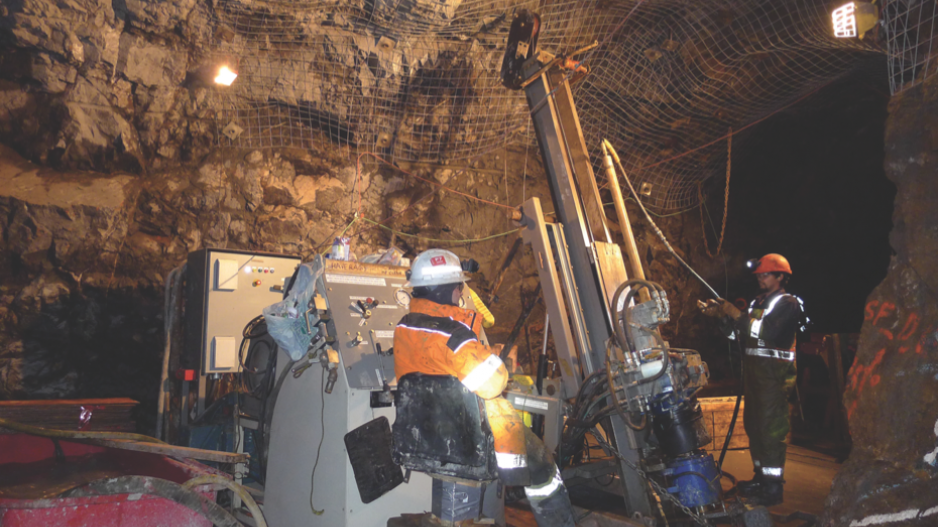Right about now, mineral exploration companies will be gearing up for a season of drilling and other exploration activities in B.C.
Last year, junior exploration companies spent $329 million on exploration in B.C., with 55% of that spent in the Golden Triangle area of Northwest BC, according to an annual report by the Association of Mineral Exploration of BC.
Because mining and exploration are deemed essential, junior exploration companies may not be affected by pandemic containment measures as much as some other sectors, although there are enhanced safety measures that they must abide by for things like remote work camps, and changes to the Workers Compensation Act.
And travel restrictions could put a crimp in their activities this summer, depending on how long they remain in place.
In a recent discussion with Preston Parsons, a lawyer at Overholt Law specializing in employment law, the AME recapped the provincial and federal measures to help businesses and workers, as it may apply to the mineral exploration sector.
One federal program they will not be eligible for is a 75% wage top-up.
The top-up from the federal government covers the period from March through May. It goes to employers, not employees. To qualify, companies must demonstrate that they had a 30% drop in revenue, compared to the same period in 2019.
So while that program would apply to mining companies, which generate revenue, it won’t apply to most exploration companies, which by their very nature don’t generate revenue. They are pre-commercial enterprises, with millions of dollars going into the ground, and nothing to show for it until their properties get acquired or developed into producing mines.
Rob Stevens, the AME’s vice president of regulatory and technical policy, said it’s not just the exploration sector that is affected by this, but other pre-commercial sectors, like biotech, as well.
Stevens said the association has raised the omission with the federal government.
"It's not just our sector," Stevens said. "There are others -- biotech, the technology sector has raised this up. We know the government's heard that. It was never an intention really to exclude these sectors.
“We expect they are going to be modifying those criteria as we go forward to make what they are referring to as pre-revenue companies, such as junior exploration...eligible."
Provincially, mineral exploration companies will benefit from a number of tax deferrals. The new employer health tax (EHT), provincial sales tax (PST), municipal and regional district tax, motor fuel tax, and carbon tax are deferred until September 30.
The province is also granting extensions to mineral claims that are soon to expire to December 31, 2021.
"So anyone who owns a claim that was expiring this year but is not able to work is given some relief on that," Stevens said.
It’s unclear just how much if an impact the COVID-19 pandemic and falling commodity prices may have on exploration activities in B.C. this year.
Their biggest challenge for junior exploration companies may still be the challenge it has always faced – accessing risk capital to finance exploration projects.
Independent contractors that don’t qualify for employment insurance may qualify for the Community Emergency Response benefit, if they are affected by COVID-19 measures, like restrictions on travel.
This provides $2,000 a month. Those who are eligible for that program can begin applying this week, although application days are being staggered. Information on qualifying and applying can be found here.




